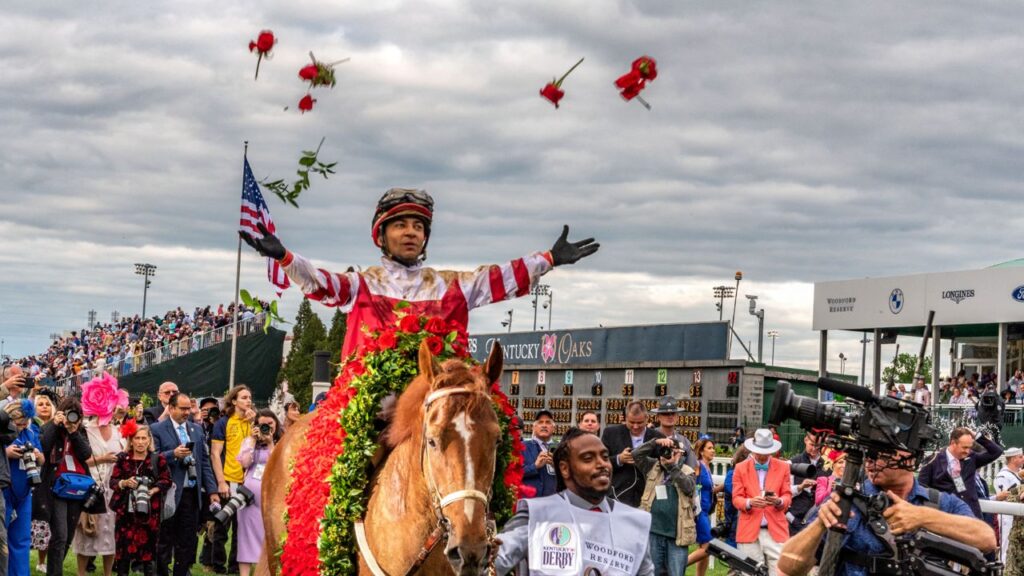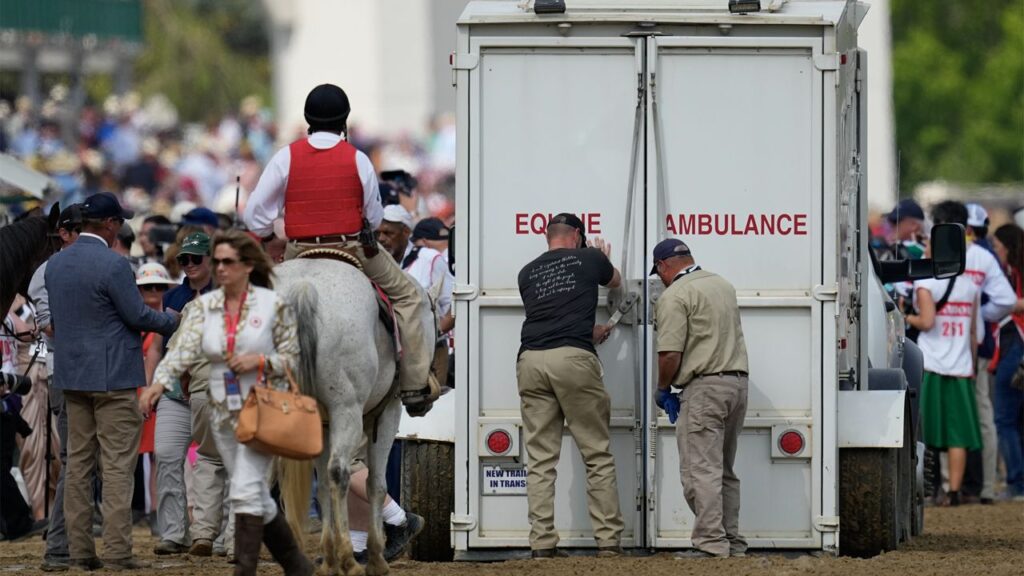- mustango.np@gmail.com
follow us on:
The Kentucky Derby, an iconic event steeped in tradition, evokes a mix of admiration and criticism, with proponents lauding its cultural significance and economic benefits while detractors raise concerns about animal welfare and societal implications. On the positive side, the Derby serves as a celebration of horse racing excellence, showcasing the athleticism of both equine athletes and jockeys. The event generates substantial economic activity, stimulating tourism, hospitality, and related industries in Louisville and beyond. With an estimated economic impact exceeding $400 million in 2019, according to the University of Louisville, the Derby provides a significant boon to the local economy, creating jobs and fostering growth.

However, the Kentucky Derby is not without its detractors, who highlight the inherent risks and ethical considerations associated with horse racing. Animal welfare advocates raise concerns about the welfare of racehorses, citing instances of injuries, overexertion, and mistreatment within the industry. While strides have been made to improve safety measures and regulatory oversight, incidents such as the tragic breakdown of horses during races cast a shadow over the sport’s image and raise questions about its sustainability.

Furthermore, the Kentucky Derby’s cultural significance can also be viewed through a critical lens, as it perpetuates elements of elitism and extravagance that are inaccessible to many. The opulence of Derby fashion, lavish parties, and exorbitant wagering can reinforce disparities in wealth and privilege, highlighting societal inequalities. Additionally, the focus on spectacle and entertainment sometimes eclipses broader issues facing the community, diverting attention and resources away from pressing social challenges. In navigating these complexities, proponents and critics alike continue to engage in dialogue and advocacy to ensure that the Kentucky Derby evolves in a manner that balances tradition with accountability and inclusivity.
© 2023 Mustango – All Rights Reserved